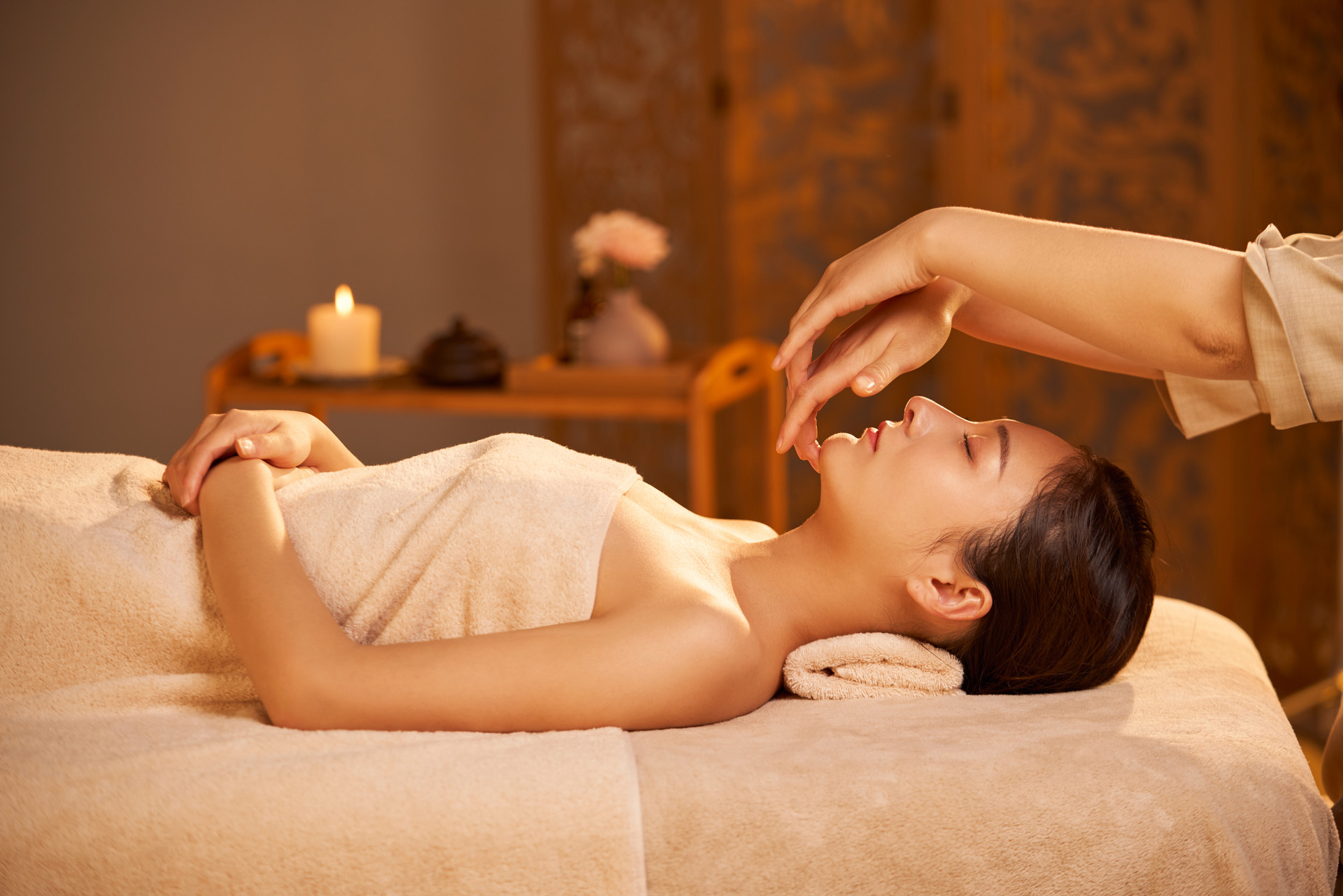In social life, bad breath often causes people annoyance. Not only do people get looked down upon at work and in social interactions, but sometimes even their own loved ones find it hard to bear. It is said that during the Han Dynasty, officials had to have cloves in their mouths when presenting matters to the emperor to maintain a pleasant breath. This is similar to the use of various breath fresheners by modern couples during communication.
In fact, bad breath is often a symptom of certain chronic diseases. It can be caused by oral, nasopharyngeal, respiratory, and digestive system disorders, as well as some systemic diseases. In addition, poor oral hygiene or unhealthy eating habits can also cause bad breath. Traditional Chinese medicine has a precise understanding and rich treatment experience of bad breath, believing that bad breath is mostly caused by dental diseases, accumulation of heat in the lungs and stomach, and stagnation in the stomach. For example, when there is excessive stomach fire, the stagnant and foul gas in the stomach can rise and cause foul-smelling breath. In the treatment of bad breath, in addition to eliminating the underlying diseases, it is important to develop good oral hygiene habits, avoid overeating and excessive drinking, and quit smoking and drinking.
1. For those with bad breath accompanied by dry mouth, thirst, body heat, restlessness, or swollen gums, constipation, and a yellow coating on the tongue, it is mostly due to excessive heat in the spleen and stomach. The prescription used is Xiahuang San with modifications: 9g of Huoxiang, Fangfeng, and Jiaozhi, 30g of Shengshigao (first decoction), 4.5g of Gancao, and 6g of Zhuru. It is decocted with water and taken orally.
2. For those with foul-smelling breath accompanied by cough, wheezing, sore throat, thirst, constipation, and short yellow urine, and a yellow coating on the tongue, it is mostly due to excessive heat in the lungs. The prescription used is Jiajian Xibai San: 9g of Sangbaipi, Jiegen, Digupi, Zhimu, Huangqin, and Maidong, 6g of Wuweizi, and 4.5g of Gancao. It is decocted with water and taken orally.
3. For those with bad breath accompanied by upper abdominal distension, belching, and nausea, it is mostly caused by food retention. The prescription used is 9g of Huoxiang, Perillae Folium, Jiaozhi, Gu Maiya, and Shan Zha, and 4.5g of Gancao. It is decocted with water and taken orally. These prescriptions can be taken once daily, and 7 doses constitute one treatment course. If used properly, they generally have good therapeutic effects. In addition to these, there are also many simple single herb prescriptions that can be tried. For example:
1. Boil 15g of Xiangru in water and drink or rinse the mouth frequently.
2. Boil 12g of Huoxiang in water and rinse the mouth frequently.
3. Boil Bai Doukou in water or make tea, or chew 1-2 grains of Bai Doukou and swallow the juice while spitting out the residue.
4. Take 1-2 cloves and swallow or soak them in water.
5. Grind equal amounts of orange peel, cinnamon, and Perillae Folium into powder, mix with jujube paste, and chew in the mouth.
6. If bad breath occurs after eating leeks or garlic, take 6g of Lianqiao powder with clear tea or chew several black dates, which can mostly eliminate the bad breath.






